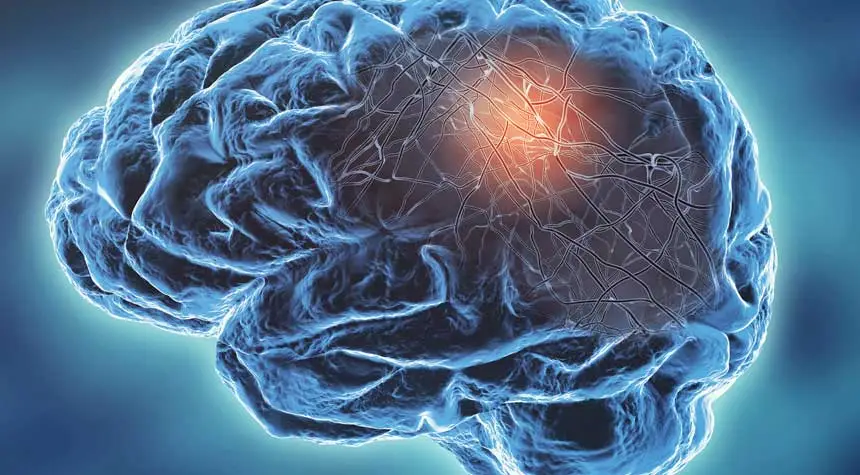A Comprehensive Guide to Cannabidiol and Neurological Disorders
Neurological disorders can be complex and debilitating, encompassing a wide range of conditions that affect the central and peripheral nervous systems. These include epilepsy, multiple sclerosis (MS), Parkinson’s disease, Alzheimer’s disease, dementia, ALS, Bell’s palsy, and numerous neuromuscular disorders. Though they are diverse, what unites them is the profound impact they have on patients’ lives, often requiring ongoing management rather than offering a cure. While conventional treatments such as pharmaceutical medication and, in some cases, surgery are available, they often come with considerable risks and side effects. Fortunately, research into cannabidiol (CBD) is gaining momentum, with studies indicating its potential to alleviate symptoms for many neurological conditions.

The Importance of CBD in Treating Neurological Disorders
CBD, a non-psychoactive compound found in cannabis, is showing promise in treating a variety of neurological disorders. Research suggests that it may have neuroprotective properties, which could help reduce cognitive and mental symptoms. Patients report enhanced mental clarity, improved mood, and reduced anxiety with CBD use. Its anti-inflammatory and antioxidant qualities could also promote healthier brain function, potentially alleviating the symptoms of neurological disorders.
The Endocannabinoid System (ECS)
Discovered in 1988, the endocannabinoid system (ECS) plays a crucial role in maintaining the body’s balance, or homeostasis. The ECS consists of endocannabinoids, receptors, and enzymes that work together to regulate bodily functions. CBD, a phytocannabinoid derived from plants, interacts with ECS receptors, influencing various processes such as pain management, heart rate, and emotional states. Despite the restrictions on cannabis research in the past century, early studies indicate that CBD holds considerable promise, especially in relation to pain, inflammation, and neurological conditions.
CBD’s Potential Neuroprotective Effects
CBD’s anti-inflammatory properties are particularly valuable in treating conditions characterised by brain inflammation, such as Alzheimer’s and Parkinson’s diseases. Acting as an antioxidant, CBD may also help to remove harmful free radicals, promoting better brain function. This could make it a useful tool in managing neurological disorders where brain inflammation is a key concern.
CBD and Specific Neurological Disorders
CBD’s effects can vary depending on the neurological disorder it is used to treat.
-
Epilepsy: CBD is widely known for its potential to reduce the severity and frequency of seizures. Patients with epilepsy often find relief from CBD with fewer side effects than traditional antiepileptic drugs. Research supports its effectiveness as a safer, gentler anti-seizure medication.
-
Parkinson’s Disease: Parkinson’s disease affects movement and motor skills. Emerging studies suggest that CBD may help alleviate symptoms such as tremors, stiffness, and impaired coordination. Some studies even propose that CBD could protect nerve cells from further damage, although more research is required to confirm these findings.
-
Multiple Sclerosis (MS): MS is an autoimmune condition affecting the brain and spinal cord. CBD has shown promise in reducing pain, spasticity, and muscle stiffness associated with MS. Products like Sativex, a cannabis-based oral spray containing both CBD and THC, have been successfully used to manage MS symptoms.
Safety and Side Effects of CBD
CBD is generally considered safe and well-tolerated. However, like all treatments, it can come with side effects, including stomach upset, dizziness, and drowsiness. These side effects are typically mild and resolve quickly.
Patients should be cautious when combining CBD with other medications, as it can amplify the sedative effects of certain drugs, such as antidepressants and antihistamines. It may also interfere with anticonvulsants, making it essential to consult a medical professional before starting CBD treatment.
When seeking treatment for neurological disorders, it is vital to work with a doctor experienced in prescribing medical cannabis. This ensures that the CBD product is of high quality and that the dosage is appropriate.
